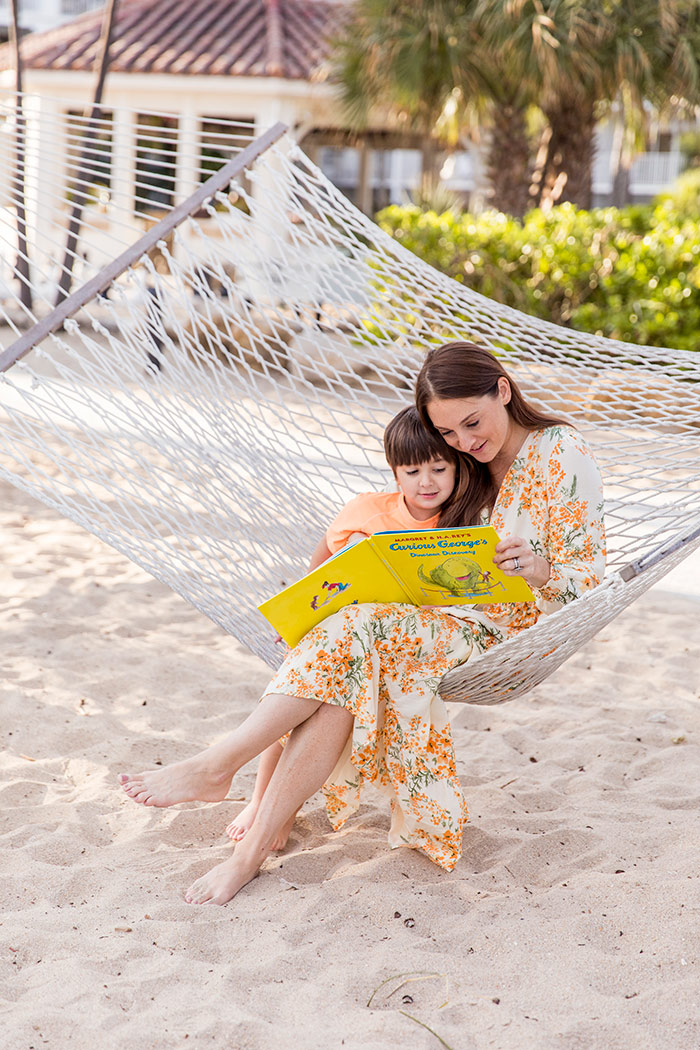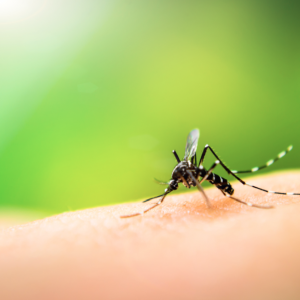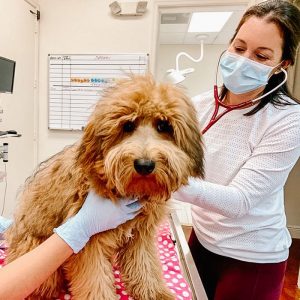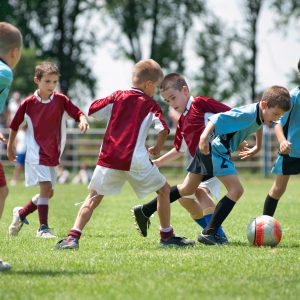
COVID-19 Q&A: Toddlers and Older Children
We’ve all heard that children aren’t suffering as severely from COVID symptoms as our elderly population. You may feel relieved at this news and even feel it’s okay to relax the restrictions a little with toddlers and older children. But is that safe? What are the differences of the novel coronavirus in toddlers, older children, and adults? We’ve got the answers to these important questions about COVID and kids.
What are the first symptoms (commonly) in toddlers? Or are they the same as in adults?
The most common symptoms associated with COVID and kids are fever, dry cough, and shortness of breathe. Although these are the most common symptoms, the symptoms will vary from person-to-person. Other symptoms people are experiencing are body aches, fatigue, headache, runny nose, sore throat, and diarrhea.
Although children do experience similar symptoms, their symptoms tend to be more mild. If there are other members in your household who are considered high risk for COVID-19, watching for these mild symptoms is more important. If your child is having symptoms, speak with your doctor.
- Fever
- Tiredness
- Dry cough
- Aches and pains
- Headache
- Nasal congestion
- Runny nose
- Sore throat
- Diarrhea
Should we keep well visits and stay on track with immunizations? Is it okay to postpone those visits or do telemedicine appointments instead?
Many pediatric practices are taking extreme measures to ensure the safety of their patients during this time. Methods might include postponing well child visits even if important vaccinations are required. However, communicate with your child’s doctor to determine whether their well visit can be postponed or if crucial vaccinations are needed.
Telemedicine has become a great resource to help navigate the common illnesses and aliments without the risk of going to your pediatrician’s office. Many offices are providing telemedicine during this pandemic. Especially when it comes to COVID and kids, it’s okay to get the information you need while still sheltering in place!
We already have a nebulizer on hand. Can we use it if our child experiences signs of respiratory distress?
If your child has any respiratory symptoms, consult with your doctor immediately.
Whether a nebulizer will help your child’s symptoms depends on what is causing your child to have symptoms of respiratory distress. You must speak with your doctor and have your chid evaluated.
If you are unable to get touch with your physician and your child is having respiratory distress, take your child to the closest emergency room.
When watching for symptoms of COVID and kids, when should I be concerned that a cough is more than just allergies?
A good indication that a cough is related to an infection vs. allergies is the presence of a fever. If your child is experiencing cough associated with a fever or difficulty breathing, have them evaluated by the pediatrician.
For the most part, children experience more mild symptoms than adults. So if you are concerned there could have been exposure, contact your physician.
If your child has any symptoms at all, quarantine your entire family to ensure the safety of others.
As an essential employee, is there a point I should take leave to ensure my child’s safety?
As an essential employee, working on the frontlines, I completely understand these concerns. I truly believe it has to be a family decision.
Evaluate the risk of COVID in your household. Do you have someone in the household who is over the age of 65, immunocompromised, or has a pre-existing medical condition? The decision also depends on your household’s need for childcare and work schedules.
Frontliners and essential employees are at an increased risk of contracting COVID, due to our exposure. If taking a leave is not available to you, there are things you can do to help decrease your chance of transmission.
These are some of the steps I take to decrease my risk of exposure to my family:
- Bring a change of clothes to work and change before traveling home.
- Keep hair tied back and covered during work.
- Leave work shoes outside of the house.
- Bring a laundry bag to work for dirty clothes.
- Shower immediately upon arriving home.
What are the best ways to keep my children safe and boost their immunity?
The best way to keep our children healthy and boost their immunity, is to create healthy habits! Implementing a few simple rules can really help build immune systems and keep kids healthy through this pandemic.
A Good Night’s Sleep. Sleep is extremely important to maintaining good health and strong immunity. When our children are run down and tired, they become more vulnerable to becoming sick. School aged children need up to 11 hours of sleep. Preschoolers need a total of 13 hours of sleep per day.
Teach Hand Washing. Research shows the most effective way to prevent the spread of illness is to wash our hands. Good hand washing habits start at home. Make sure your children wash their hands often and with soap. They need to understand the importance of clean hands before eating, after using the bathroom, and upon arriving home from an outing. For kids, regularly washing their hands can be a fun and entertaining activity – and, it provides a chance for them to take an active role in their own self-care. Children should wash their hands for 20 seconds, or about how long it takes to sing the “Happy Birthday” song.
Snacks with Immune Boosting Properties. Certain fruits and vegetables contain phytonutrients such as vitamin C and carotenoids, which can help to boost your child’s immune system. Strawberries, blueberries, oranges, green beans, and carrots contain antioxidants and phytonutrients that can help to increase your child’s production of infection-fighting white blood cells and interferons which will help them fight off illness.




